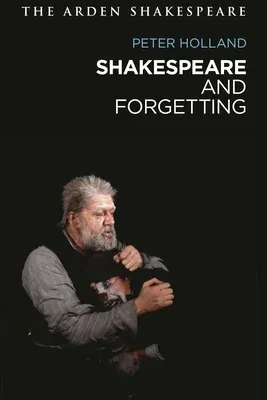What does it signify when a Shakespearean character forgets something or
when Hamlet determines to 'wipe away all trivial fond records'? How
might forgetting be an act to be performed, or be linked to forgiveness,
such as when in The Winter's Tale Cleomenes encourages Leontes to
'forget your evil. / With them, forgive yourself'? And what do we as
readers and audiences forget of Shakespeare's works and of the
performances we watch?
This is the first book devoted to a broad consideration of how
Shakespeare explores the concept of forgetting and how forgetting
functions in performance. A wide-ranging study of how Shakespeare
dramatizes forgetting, it offers close readings of Shakespeare's plays,
considering what Shakespeare forgot and what we forget about
Shakespeare. The book touches on an equally broad range of forgetting
theory from antiquity through to the present day, of forgetting in
recent novels and films, and of creative ways of making sense of how our
world constructs the cultural meaning of and anxiety about forgetting.
Drawing on dozens of productions across the history of Shakespeare on
stage and film, the book explores Shakespeare's dramaturgy, from
characters who forget what they were about to say, to characters who
leave the stage never to return, from real forgetting to performed
forgetting, from the mad to the powerful, from playgoers to Shakespeare
himself.

